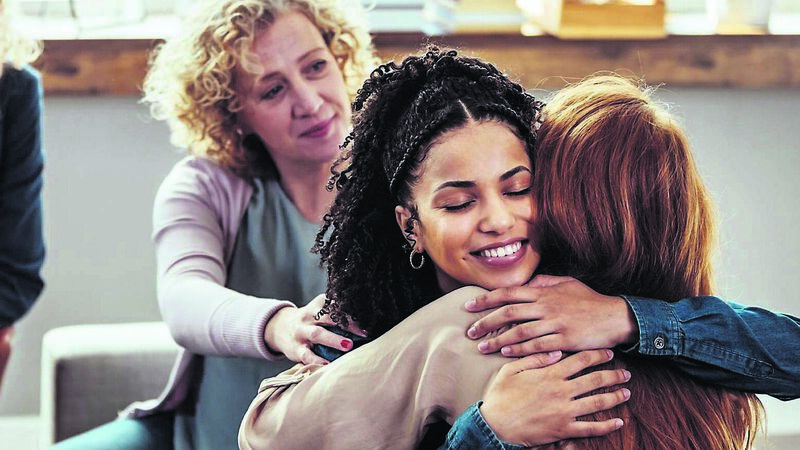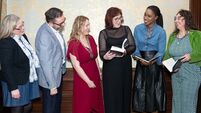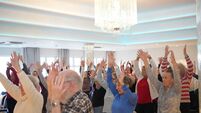Dr Michelle O'Driscoll; The importance of lived experience

"There are so many life events that you cannot really articulate unless you’ve been through them," says Dr Michelle O'Driscoll in her weekly column.
HAVE you ever heard the phrase “there’s nothing like hearing it from the horse’s mouth?” This is something that we’re becoming more and more aware of now in healthcare and research - the power of lived experience in our understanding of and management of our conditions, as well as processing and acceptance of a diagnosis.







 App?
App?


